Mr Glyne Harris acted as the Personal Representative on the £1.2m Estate of his late friend, Helena McDonald. Mr Harris decided to carry out the work himself instead of seeking legal advice, but he did not fully understand the Probate process or what his obligations were.
Mr Harris completed the Inheritance Tax form and paid the initial amount due. A significant amount of the Estate’s value was tied up in land, meaning the rest of the Inheritance Tax didn’t need to be paid straight away.
Once the land had been sold and the money was in the Estate account, Mr Harris paid the main Beneficiary the bulk of the money, assuming that this was the correct thing to do. However, he had not yet settled the remaining Inheritance Tax bill (IHT).
Mr Harris has argued that he thought the Beneficiary would settle the bill out of the inheritance he received. Unfortunately for Mr Harris, the Beneficiary had other ideas and jetted off to Barbados instead. The Beneficiary can no longer be contacted and Mr Harris has been told that he is now personally responsible for paying the outstanding £341,278.76 to HM Revenue & Customs (HMRC).
Mr Harris has appealed this, saying that he can’t pay the outstanding bill as he doesn’t have the Estate funds anymore and he shouldn’t be liable. The Judge disagreed, rejecting Mr Harris’ appeal and saying that he is still liable to pay the outstanding amount.
In his ruling, the Judge explained that it was not “a defence that Mr Harris was ignorant of his obligations.” He stressed that the laws around Inheritance Tax (IHT) are clear and the Personal Representative is responsible for ensuring that Inheritance Tax is paid.
Essentially, the fact that Mr Harris didn’t understand the Probate process doesn’t prevent him from being held accountable. It seems that this was a genuine error, but nonetheless Mr Harris remains responsible for paying the outstanding bill.
HMRC could now lay claim to Mr Harris’ personal possessions, including his money, his car and even his home, to cover the £340k bill.




